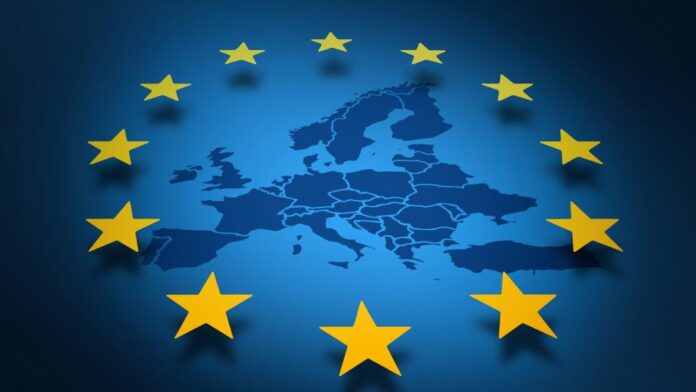Authors and Affiliations: Bastian Giergerich (The International Institute for Strategic Studies –IISS, Worked for the German Federal Ministry of Defense in Research and Policy Roles From 2010-15), Emile Hokayem (The International Institute for Strategic Studies –IISS), Sharinee L. Jagtiani (The German Institute for Global and Area Studies, University of Oxford, and Former Analyst at IISS)
Organization/Publisher: The International Institute for Strategic Studies (IISS)
Date/Place: January 20, 2022/ Global Think Tank with Offices in Bahrain, Berlin, London, Singapore, and Washington, DC
Type of Literature: Research Paper
Number of Pages: 15
Keywords: EU, NATO, Middle East, Indo-Pacific, and Regional Security
Brief:
The authors examine the European takes on the security dynamics in the Middle East and Indo-Pacific region which have had a direct impact on European and Euro-Atlantic security. Arguably, the Middle East possesses a very challenging environment for EU and NATO member states given its geographic proximity, political legacies, and demographic flows that have had significant exposure for Europe. Europe has continued to struggle with policy response especially in the issue of refugees, migrants, and international terrorism. However, the presence of European actors in the Middle East will remain limited, be it EU or NATO. The authors argue that because of capability shortfalls, too much dependencies on the US, and weak political support among European electorates, the European presence on the Middle East will remain limited. Moreover, it is unlikely that NATO will take a significant role in counter-terrorism, because such a role is not endorsed by some members; member states also lack the right capabilities to do so. On the other side, in recent years the Indo-Pacific region has become the main focus for great power competition. Especially regarding the US security commitment with its partners and the rise of China that create new security concerns in the region. The Indo-Pacific region possesses an economic importance and strategic value, as it consists of an important sea route for trade and energy supply for major economies such as China, India, and Japan. Nevertheless, the European leaders are perceived by some regional actors as lacking interest in the region and as reluctant to participate in summit meetings of regional organizations. The response to China’s developing international footprint and influence is a key concern for NATO in the region. The author suggests two ways of engaging: to increase intelligence-sharing with partners, and improve the monitoring of Chinese military activities.
By: Salman Nugraha, CIGA Research Intern




